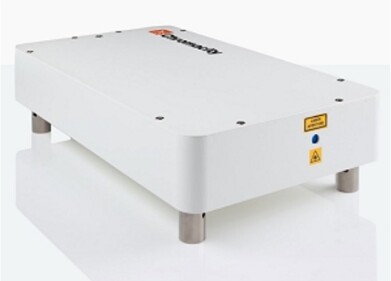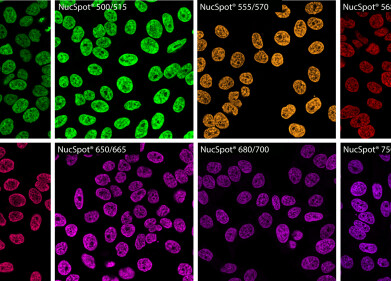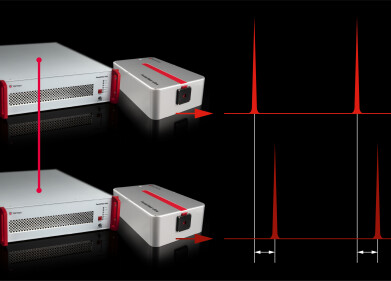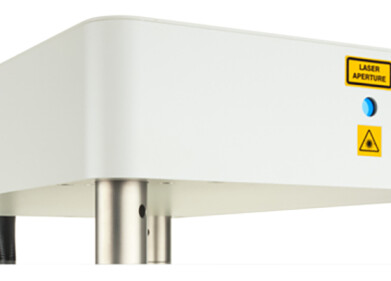Microscopy & Microtechniques
What Is the Biggest Threat to Modern Medicine?
Sep 21 2016
Big news for, well, everyone in the world really. The United Nations (UN) have agreed a proposal to fight what they are calling “the biggest threat to modern medicine”. What is it? How will they fight it? And what has prompted this declaration? Read on for answers to all the important questions.
With a total of 193 member states, the essential purpose of the UN is to promote and enable international communication, unity and co-operation. Its members, which include the UK, the US, China and Russia, have agreed to sign a declaration dedicated to fighting antibiotic resistance.
Superbugs
Antibiotic resistance begins when bacteria or viruses become resistant to the antibiotics which are conventionally used to treat them. Antibiotics work by isolating and killing the bacteria at the root of the cause. It stops their reproduction and prevents them from spreading. However, certain viruses, when exposed to the treatments, develop and mutate to become resistant to them. If just one resistant bacteria in a population survives treatment, it can reproduce and develop into a whole resistant virus.
The bigger problem comes when ‘bacteriophages’ transfer drug-resistances between bacteria. This can lead to the creation of superbugs, which are resistant to multiple drugs and hugely dangerous as a consequence. While it sounds like a small problem in itself, it’s thought to be leading to over 700,000 deaths each year. With no new classes of antibiotics discovered for over two decades, it’s fair to say we’ve fallen behind a bit. So how can we solve this problem?
Fighting the threat
With antibiotic resistance present in some form in every country, it’s clearly a global problem. One way the UN will work towards a solution is by raising awareness. There are some simple ways to minimise the spread of superbugs and resistant viruses. Efficient hygiene practices in healthcare and farming, for instance, could help protect the drugs we do have. However, the commitment by the 193 UN nations should also lead to a greater amount of investment and innovation.
Earlier detection
New drugs and methods of treatment will put us a step ahead of these developing superbugs. As with all diseases and viruses, catching it early can also make a huge difference. A less developed virus is easier to assess and treat. ‘The potential for a rapid, field deployable, automated biosensor detection system for pathogens’ looks at a new detection method for hospital acquired infections that could be life-saving.
Digital Edition
Lab Asia 31.6 Dec 2024
December 2024
Chromatography Articles - Sustainable chromatography: Embracing software for greener methods Mass Spectrometry & Spectroscopy Articles - Solving industry challenges for phosphorus containi...
View all digital editions
Events
Jan 22 2025 Tokyo, Japan
Jan 22 2025 Birmingham, UK
Jan 25 2025 San Diego, CA, USA
Jan 27 2025 Dubai, UAE
Jan 29 2025 Tokyo, Japan



















